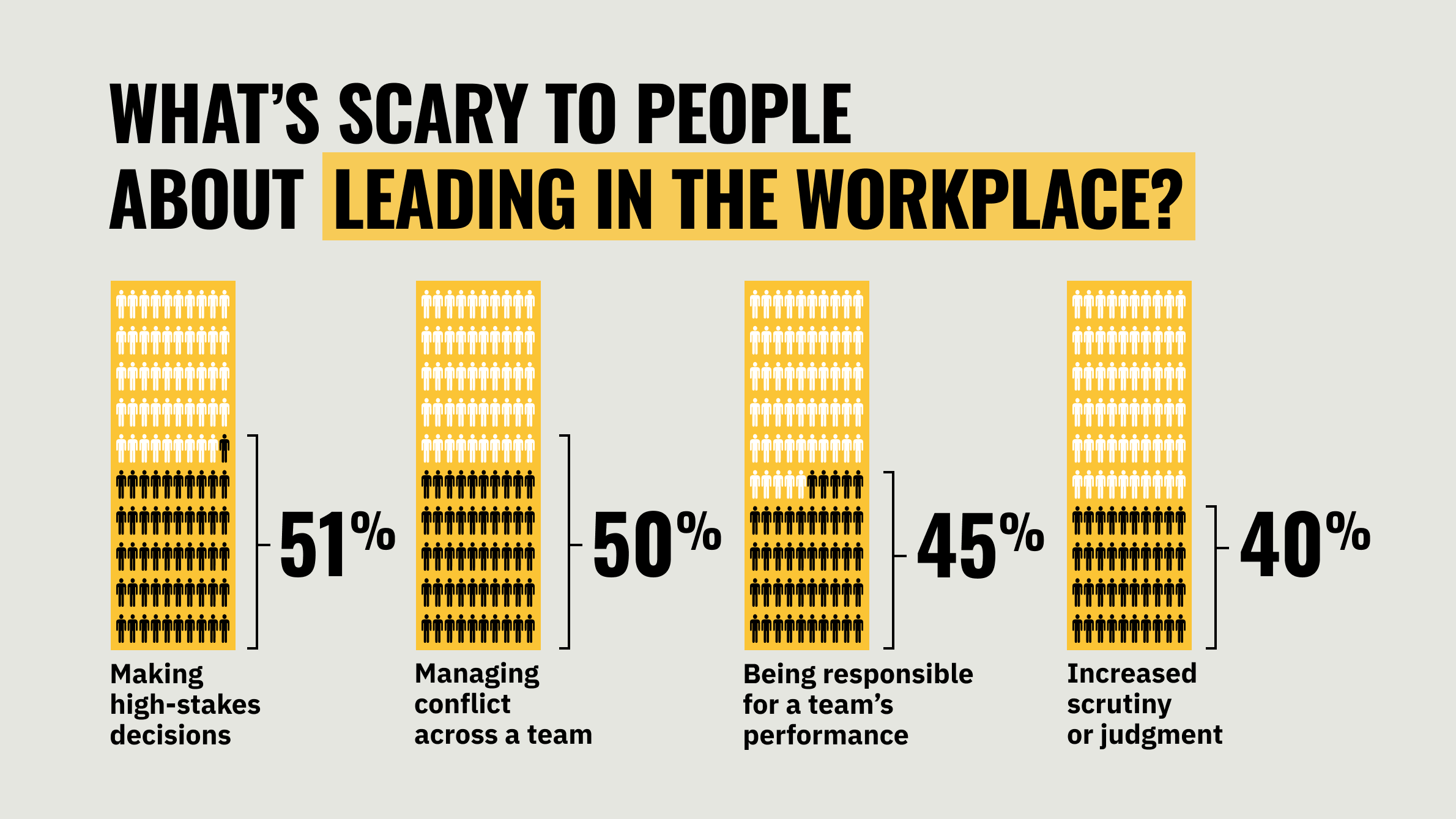Juul to stop selling most e-cigarettes in stores, leave social media

(Photo by Scott Olson/Getty Images)
- Juul makes flavored e-cigarettes and currently dominates the vaping industry, with 70% of the market share.
- The FDA is planning to ban the sale of flavored e-cigarettes in gas stations and convenient stores this week.
- Some have called teenage vaping an epidemic. Data from 2018 show that about 20% of high school students had used an e-cigarette in the past 30 days.
Juul, maker of the most popular line of e-cigarettes in the U.S., announced Tuesday it will stop selling most of its products in retail stores and cease social media operations, a move made as the public and government try to mitigate rising rates of teenage vaping.
The San Francisco-based company, which sells e-cigarettes resembling flash drives with flavors like mint and mango, currently dominates the tobacco vaping industry with 70% of the market share. Juul’s website says the company hopes to “improve the lives of the world’s one billion smokers” by giving them alternatives to traditional cigarettes.
But, intentionally or not, e-cigarettes have become increasingly popular among American teenagers. Some have called it an epidemic. Government data from 2018 show that about 20% of high school students had used an e-cigarette in the past 30 days—a rise of 75% compared to 2017.
Critics say e-cigarettes are marketed directly to kids.
“To me, these are products that are really appealing to kids,” Joseph Allen, an assistant professor of exposure assessment science at the Harvard T.H. Chan School of Public Health, told CNN. “Millions of kids are trying these e-cigarette products. Studies show that one in five eighth-graders that currently use tobacco products got there by starting with e-cigarettes…So these e-cigarettes are also a gateway for traditional tobacco use for many young kids.”
Juul said it only markets to adults.
“Our intent was never to have youth use Juul,” said Kevin Burns, chief executive of Juul Labs in a statement emailed to reporters. “But intent is not enough. The numbers are what matter and the numbers tell us underage use of e-cigarettes is a problem.”
On Tuesday, Juul shut down its social media accounts. However, that might not stop Juul from continuing to gain thousands of underage customers, many of whom are already so familiar with the e-cigarette brand that the word “juuling” has become a verb.
“Now that it has captured 75 percent of the e-cigarette market, Juul no longer needs to do social media marketing because its young customers are doing it for them,” Caroline Renzulli, a spokeswoman for the Campaign for Tobacco-Free Kids, told the New York Times in an article about Juul’s announcement.
A not-so-healthy alternative to cigarettes
This week, the Federal Food and Drug Administration plans to ban the sale of flavored e-cigarettes from gas stations and convenience stores, a move that comes after years of government officials warning about the dangers of vaping.
“All Americans need to know that e-cigarettes are dangerous to youth and young adults,” then-U.S. Surgeon General Dr. Vivek Murthy said in 2016. “Any tobacco use, including e-cigarettes, is a health threat, particularly to young people.”
Nicotine, the active chemical in e-cigarettes, isn’t known to cause cancer. However, chronic nicotine exposure can contribute to insulin resistance and type 2 diabetes, increased heart rate and blood pressure, and impairments to the prefrontal brain development of adolescents. Also, contrary to the stated goal of most e-cigarette makers, a 2017 study showed that the addictive properties of vaped nicotine can lead people to start smoking traditional cigarettes—a “gateway” to the real thing.





